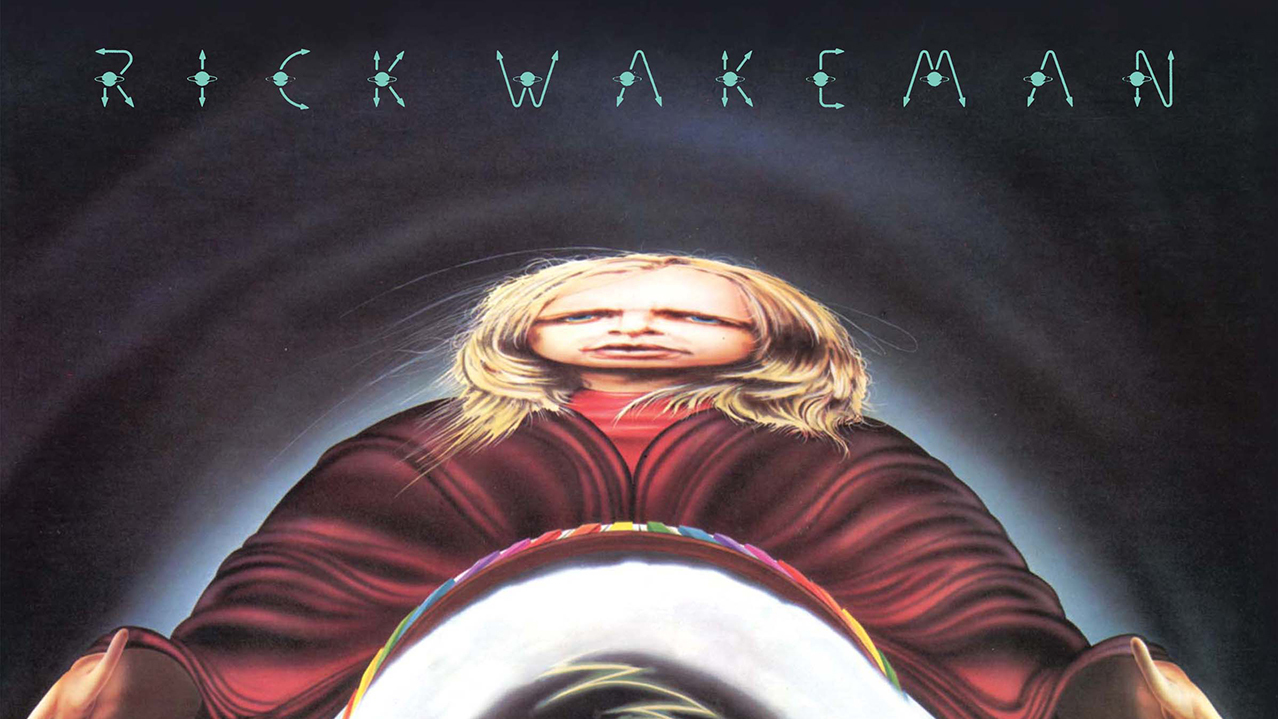You can trust Louder
This album is often overlooked when talking about Rick Wakeman’s finest solo works. Everybody rightly praises Journey, The Six Wives and Myths And Legends. As a result, this 1976 album tends to be unfairly regarded as living in their shadow. In reality, it’s at least as strong, and at times more impressive than that trio.
After dealing with historic situations both factual and fictional on his previous records, this time Wakeman entered the realm of the metaphysical. And while this is pretentious, what it did was free him musically.
Whereas previously The Caped Crusader was capturing the essence of well-known stories – acting as a soundtrack – here he could take flight, going in any musical direction. So you hear classical, folk, funk, metal and jazz touches throughout, sparked by an almost spontaneous desire to celebrate the human mind.
What you also get on this reissue is a bonus CD, featuring a show from Hammersmith Odeon, recorded by the BBC in ’76. This not only has tracks from No Earthly Connection, but also extracts from The Six Wives, plus Myths And Legends. A fine representation of what was a tremendous live performance. This is Wakeman in his pomp.
Sign up below to get the latest from Classic Rock, plus exclusive special offers, direct to your inbox!
Malcolm Dome had an illustrious and celebrated career which stretched back to working for Record Mirror magazine in the late 70s and Metal Fury in the early 80s before joining Kerrang! at its launch in 1981. His first book, Encyclopedia Metallica, published in 1981, may have been the inspiration for the name of a certain band formed that same year. Dome is also credited with inventing the term "thrash metal" while writing about the Anthrax song Metal Thrashing Mad in 1984. With the launch of Classic Rock magazine in 1998 he became involved with that title, sister magazine Metal Hammer, and was a contributor to Prog magazine since its inception in 2009. He died in 2021.


